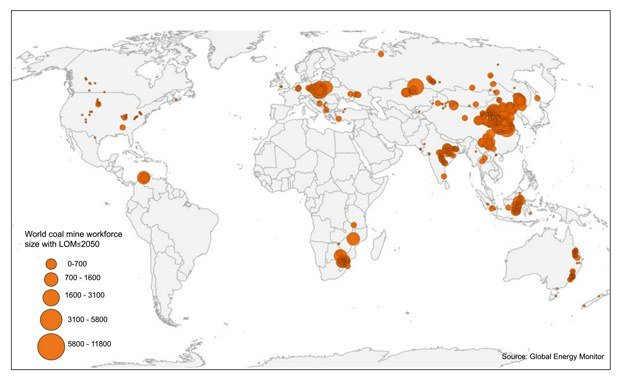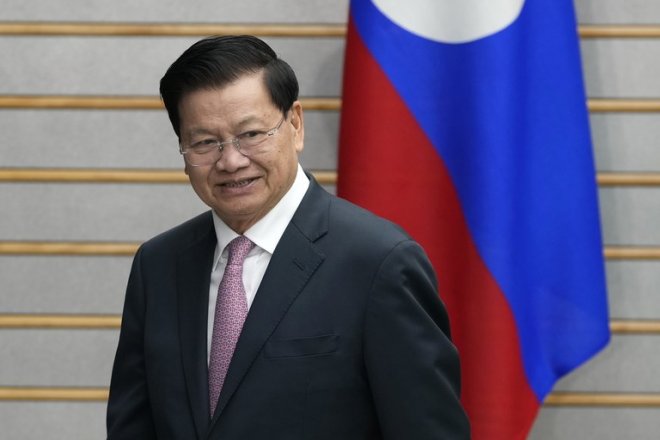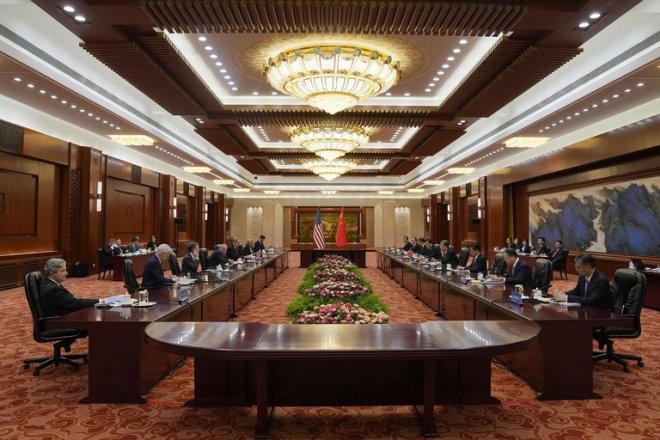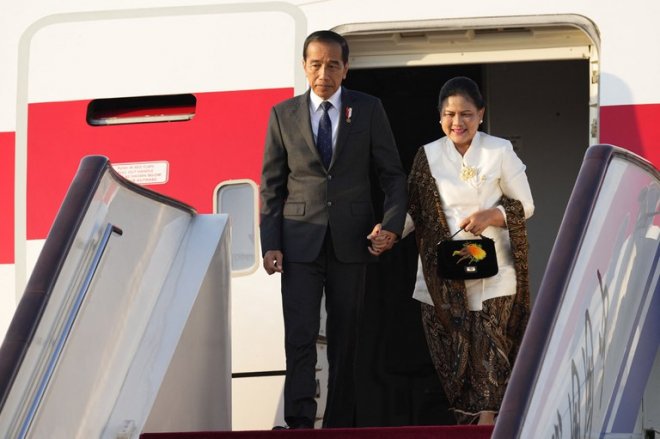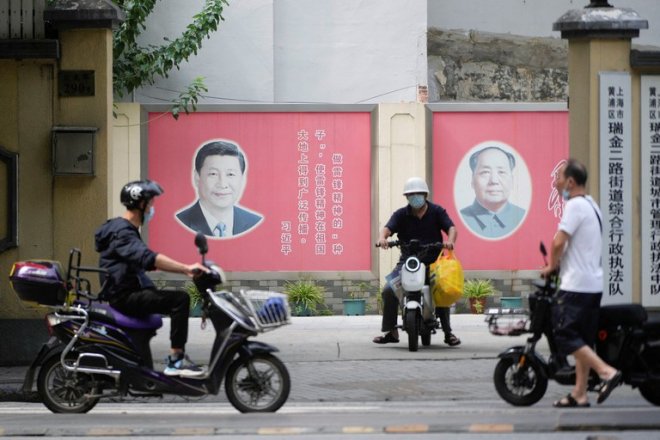U.S. launches private refugee sponsorship program
The U.S. State Department launched a new program on Thursday called the Welcome Corps that will allow Americans to privately sponsor refugees applying to move to the United States.The program, formed in partnership with the U.S. Department of Health and Human Services, plans to place 5,000 refugees with 10,000 American sponsors in its first pilot year, a State Department press release said.
It is intended to “enable Americans to sponsor refugees … directly support their resettlement, and make a difference by welcoming these new neighbors into their communities,” it said.
The State Department plans to partner with “members of faith and civic groups, veterans, diaspora communities, businesses, colleges and universities, and more.”
Vietnamese Hoang Trong Man, who fled to Thailand in 2018 to avoid a crackdown by security forces as part of his membership in an opposition political group, said he hoped the new program would enable him and other asylum-seekers to immigrate to the United States.
“I am extremely happy as this program can help refugees like us get settled sooner,” he told Radio Free Asia. “It brings hope to many people who have been living in Thailand as refugees for years.”
Asylum-seekers in Thailand face the risk of arrest and detention in Thai immigration detention centers because the Thai government has not signed the International Convention on Refugees, he said.
Former President Donald Trump had slashed the cap on refugees allowed into the United States to 15,000. The administration of President Joe Biden has raised that number to 125,000.
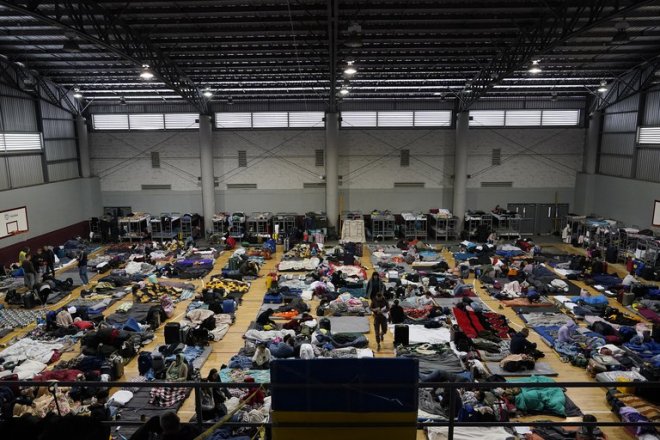 Ukrainian refugees wait in a gymnasium in Tijuana, Mexico, April 5, 2022. Hundreds of Ukrainian refugees arrived daily in the Mexican border city, where they waited two to four days for U.S officials to admit them on humanitarian parole. Credit: Associated Press
Ukrainian refugees wait in a gymnasium in Tijuana, Mexico, April 5, 2022. Hundreds of Ukrainian refugees arrived daily in the Mexican border city, where they waited two to four days for U.S officials to admit them on humanitarian parole. Credit: Associated PressSmall groups could sponsor a refugee
The program will also allow groups to collectively sponsor individual refugees, requiring that they are based in the specific community where refugees will live. For example, a group of five or more Americans would be able to sponsor an individual.
All refugees admitted would be processed through the standard U.S. Refugee Admissions Program, with the Welcome Corps serving as an auxiliary support to help new refugees establish a new life.
The earliest refugees under the program are expected to arrive in April.
The program’s website indicated that refugees from several countries in Sub-Saharan Africa will be highest on the priority list.
The Welcome Corps requires Americans who sign up to commit to providing U.S.$2,275 per refugee arriving in the United States.
That’s less than a similar program in Canada, which requires individual sponsors to prove that they can provide US$10,000 to a person in a year, said Nam Loc, who has worked with VOICE Canada and successfully helped bring about 170 Vietnamese to Canada since 2015. RFA was unable to confirm the financial assistance provided by Canada’s government to refugees.
“It’s a dream [come true],” Nam Loc, a volunteer who helps refugees resettle outside Vietnam, told RFA. “We are looking forward to the early implementation of the program.”
He hoped that the new program would boost the number of people able to resettle in the United States.
Some asylum-seekers said that although the new program was a positive move, they did not have high expectations of its ability to help all refugees in need.
“As you know, the Biden administration promised to receive 125,000 refugees coming from many countries, but this program has not been implemented or has been done very slowly,” said religious freedom activist Nguyen Van Hoang, now a refugee in Thailand together with his wife and two children.
Hoang Trong Man, who earns his main income from making YouTube videos, said that Vietnamese refugees in Thailand were struggling to make ends meet with the economic slowdown brought on by COVID-19 restrictions.
Most Vietnamese asylum-seekers work in restaurants and construction sites in Thailand, he said, with many earning 150-350 baht (U.S.$4.50-10.50) per day while their minimum accommodation and food expenses stand at around 4,000-4,500 baht (U.S.$121-136) per person every month.
Translated by Anna Vu. Edited by Nawar Nemeh and Malcolm Foster.
[圖擷取自網路,如有疑問請私訊]
|
本篇 |
不想錯過? 請追蹤FB專頁! |
| 喜歡這篇嗎?快分享吧! |
相關文章
AsianNewsCast








